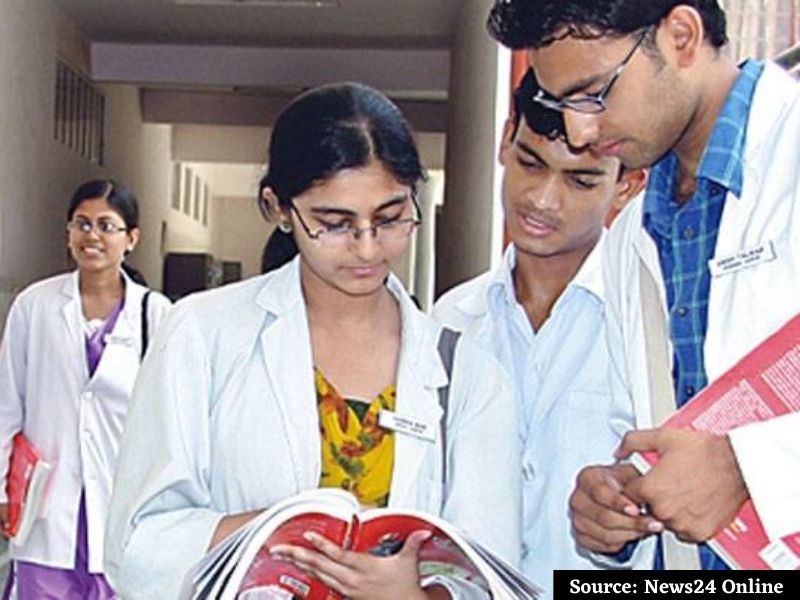Shivani Chaturvedi (Chennai)
A state in which public demand for (allopathy) medical practitioner qualifications is arguably highest countrywide, an August 16 notification of the National Medical Commission has caused widespread dismay.
Under NMC’s Extraordinary Gazette Notification wordily titled ‘Guidelines for Undergraduate Courses under the Establishment of New Medical Institutions, Starting of New Medical Courses, Increase of Seats for Existing Courses & Assessment and Rating Regulations, 2023’, medical colleges shall follow the ratio of 100 MBBS seats for every 10 lakh population in that state or Union territory (UT)’. “Letters of Permission (LOP) for starting new medical colleges will be issued only for annual intake capacity of 50/100/150 seats, provided that the medical college shall follow the ratio of 100 MBBS seats for every 10 lakh population in that state/UT,” states the notification.
Currently, the number of medical seats available annually across Tamil Nadu’s 74 medical colleges — government, deemed and private, included — is 11,500. This means the state will not be able to add more seats, or open new medical colleges as it has already crossed the mark. The NMC notification has two outcomes. First, it caps the number of MBBS students’ annual intake at 150. Henceforth, LOPs will be granted to medical colleges whose annual intake is 50/100/150. Colleges applying for an intake of more than 150 per year will not be granted a licence. Second, it has decreed the ratio of one medical seat/student for 10 lakh (10,00,000) population in every state. Tamil Nadu (pop.67 million) which currently has an annual intake of 155 students per 10 lakh population won’t be permitted to establish new medical colleges, public or private in the near future.
Although the gazette notification doesn’t give the rationale of the order, according to NMC sources, its purpose is to ensure uniform distribution of medical practitioners countrywide. “Tamil Nadu has more than 1,80,000 registered doctors of whom 1,50,000 are still practicing. The recommended ratio is 1:1,000 and we already have 1:600,” Dr. K. Senthil, President of the TN Government Doctors Association, explained to a Times of India correspondent (TOI, September 22).
Unsurprisingly, this notification has annoyed medical practitioners and educationists in the state which is emerging as an international centre for medical tourism. “Public health is a state subject and when a state feels it needs more medical colleges, it should be encouraged,” says Manickavel Arumugum, a Chennai-based career counselor.
Adds Dr. K. Kolandasamy, former Director of Public Health and Preventive Medicine in the state government: “Within Tamil Nadu, there are six districts — Tenkasi, Perungalur, Kanchipuram, Ranipet, Mayiladuthurai, and Tirupathur — which do not have any medical college. To access medical education, aspiring students from these districts have to travel to other districts. So, one medical college per district is essential. Rather than putting a cap, the policy should be to encourage private participation in establishing medical colleges in India rather than push entrepreneurs to faraway lands. The restrictions have been introduced to ensure that resources are adequately distributed. But it’s equally important that the quality of medical education is good.”
Self-evidently, the justification for issuing this notification is flimsy and reflects the control-and-command mindset of the Union government dominated NMC. It may well be legally challenged on the ground that it is in contravention of the right of citizens to conduct their business in any part or state of India.
